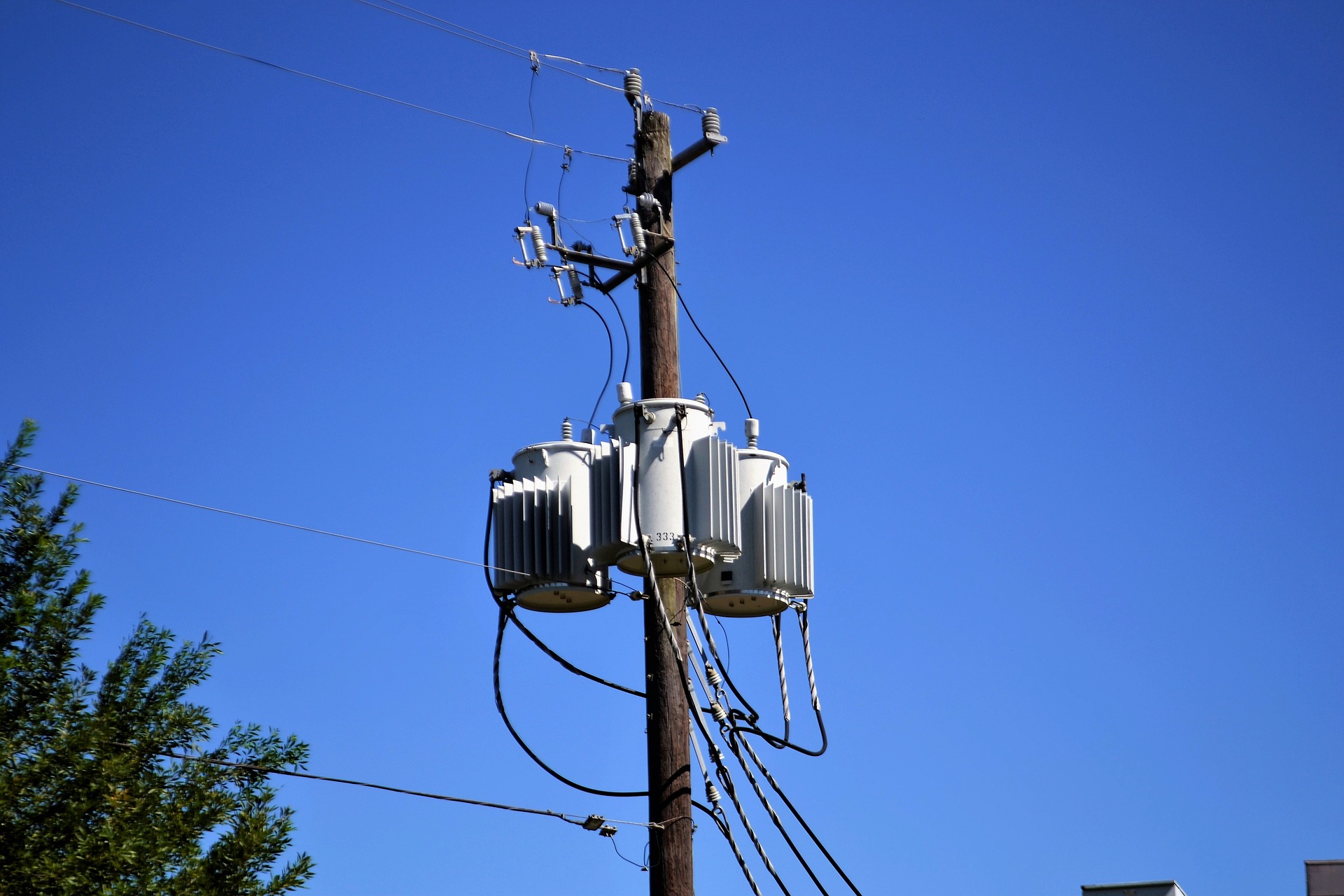Hello there! If you’ve ever been left in the dark during a power outage, you know just how important generators can be. These nifty machines are a lifeline, powering everything from essential home appliances to outdoor power equipment, particularly when you need them the most. In this article, we’ll delve into the world of generators, unraveling what they are, how they work, and why you might need one for those pesky power outages.
Understanding Generators
Simply put, a generator is a machine that converts mechanical energy into electrical energy. The main purpose of a generator? To provide a continuous power supply when your regular power source fails. There are three basic types of generators you should know about: portable generators, inverter generators, and standby generators.
Portable generators are great for camping trips, tailgating parties, or powering particular appliances during an outage. They’re designed to be moved around easily and usually run on gasoline.
Inverter generators are a bit more advanced. They produce cleaner power that’s suitable for sensitive electronic devices. They’re also usually quieter and more fuel-efficient than portable generators.
Standby generators, on the other hand, are permanently installed outside your home. When the power goes out, they automatically kick into action. Standby generators are usually more powerful and are commonly used for homes and businesses.
How Generators Work
The basic mechanics behind generator operation are based on the principles of electromagnetic induction. When a magnet moves past a conductor, it causes electrons to move, which creates an electric current. Generators use an engine to create this movement.
The operational methods between portable, inverter, and standby generators vary slightly, primarily based on their power output and the type of current they produce. Portable and standby generators typically produce AC power directly, while inverter generators produce AC power, convert it to DC, and then invert it back to AC. This results in a more stable current that’s safer for sensitive electronics.
Choosing the Right Generator for Your Needs
When it comes to choosing the right generator, you’ll need to consider factors like power output, fuel type, size, and noise level. The ‘right’ generator will depend heavily on your specific needs. For example, if you want to power your entire house during an outage, you’ll need a larger, more powerful model – possibly a standby generator.
To calculate your power needs, make a list of the essential appliances you want to keep running during an outage. Look at their wattage requirements (usually found on their label or in their manual) and add them up. This sum is a good starting point when looking for a generator.
Generator Safety and Maintenance
Generator safety is a critical aspect to consider. Never operate a generator indoors or in a closed space due to the risk of carbon monoxide poisoning. Always make sure your generator is in a well-ventilated area and at least 20 feet away from doors and windows.
Maintenance also plays a huge role in keeping your generator running smoothly for longer. This includes regular oil changes, filter replacements, and occasionally running your generator to keep the parts lubricated.
Top Generator Brands to Consider
The market is full of reliable generator brands, but some of the top dogs include Honda, Generac, and Yamaha. These brands consistently get rave reviews for their reliability, durability, and innovative features.
The Future of Generators
Generators aren’t exempt from the technology revolution. Future trends point towards smarter, more efficient generators that can adapt to your power needs and are kinder to the environment. Expect to see more solar-powered and inverter generators making a splash in the coming years.
Conclusion
There’s no denying the importance of a reliable generator. Whether it’s keeping your home comfortable during a power outage or powering your outdoor equipment on a camping trip, the right generator is an invaluable asset. Be sure to carefully consider your specific needs when choosing a generator, and remember, safety always comes first!
Call to Action
If you’re in the market for a new generator, take a look at the options on our website. And if you have any questions about choosing a generator, don’t hesitate to reach out. We’re here to help!
FAQs
Q: How often should I perform maintenance on my generator? A: This depends on your generator model and how often you use it, but generally, you should conduct maintenance every 50-60 hours of use.
Q: Are generators safe to use in the rain? A: Generally, generators should be kept dry. If you must use your generator in wet conditions, use it under a canopy or similar protective covering. Never touch your generator with wet hands.
Q: Can I install a standby generator myself? A: Standby generators should be installed by a professional. They need to be connected to your home’s electrical system, which can be dangerous if not done correctly.
Q: How long can a generator run continuously? A: This depends on the generator. Some models can run for 8-10 hours on a single tank of fuel, while others can run for up to 24 hours. Always check the manufacturer’s recommendations.
